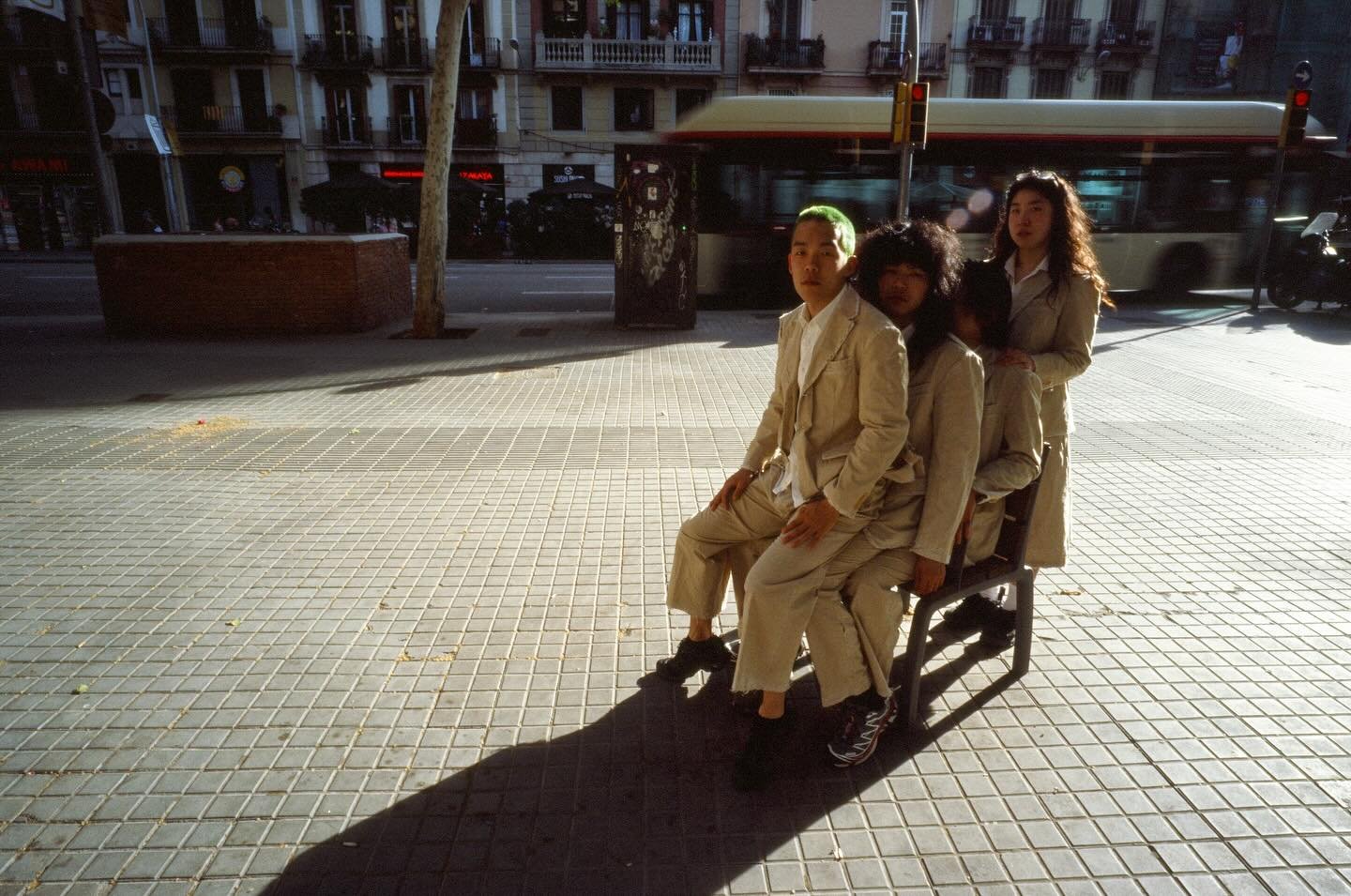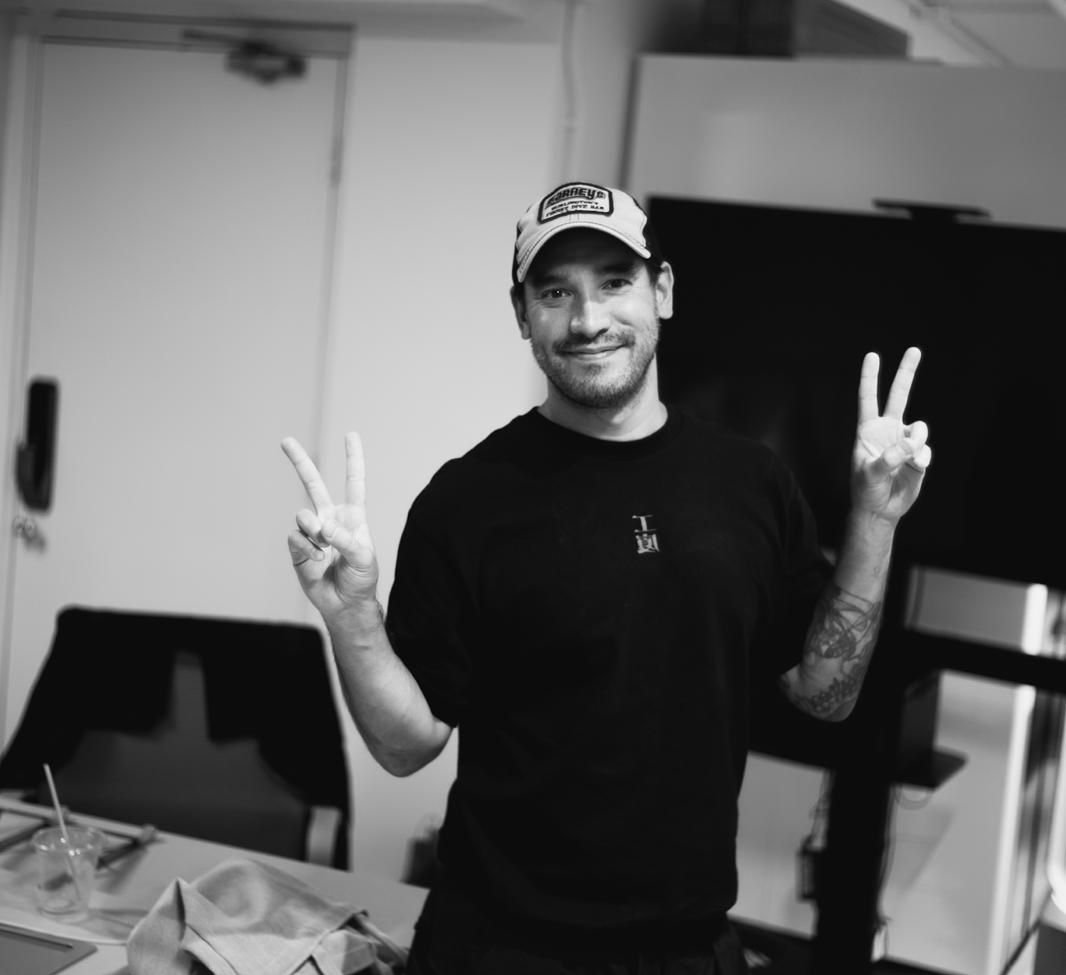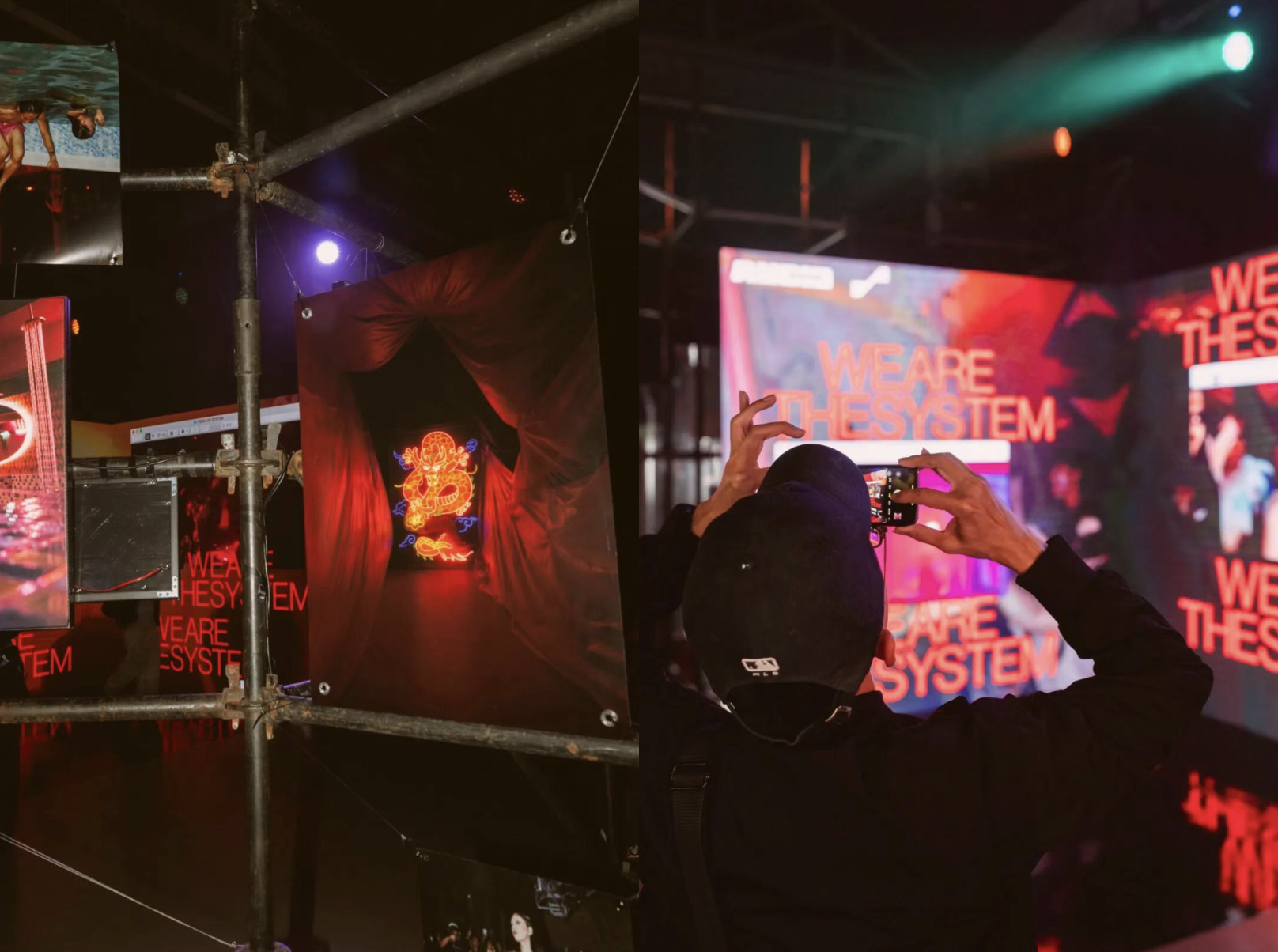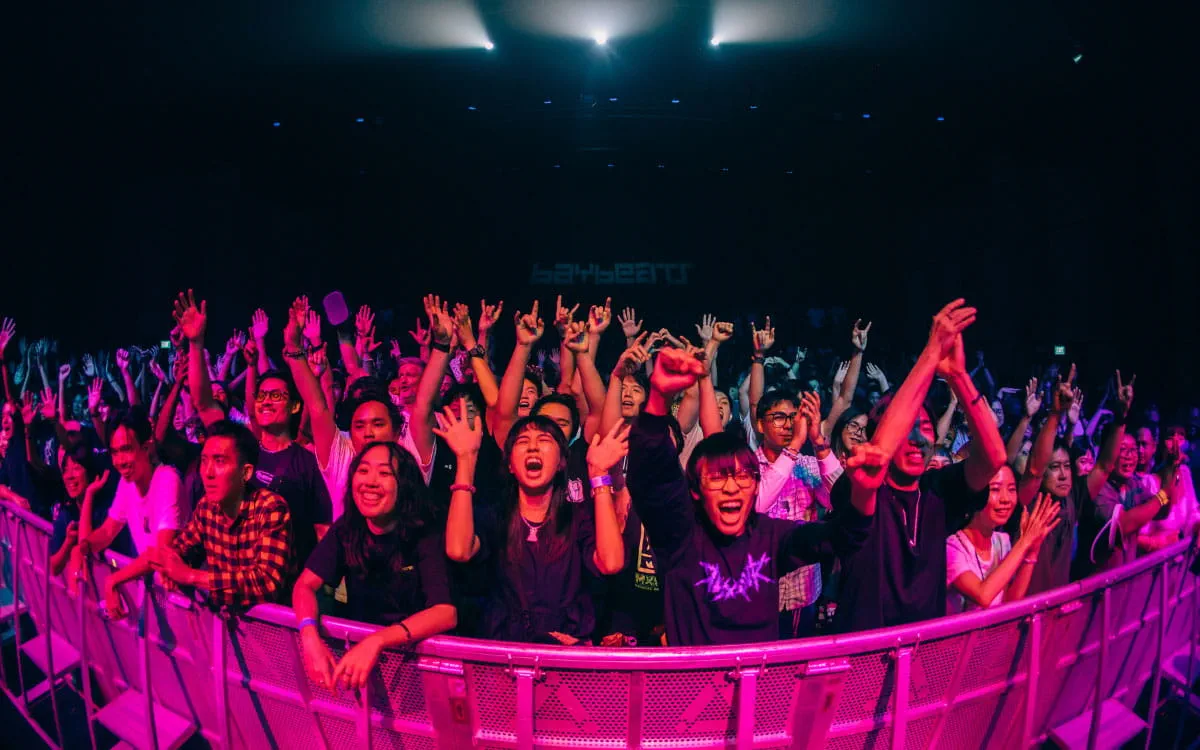Being in any collaborative space can be both wonderfully creative and infuriatingly complicated. In the world of music, that duality feels even more intense. You get classic band meltdowns like Oasis, and on the flip side, you’ve got Green Day—still together, still tight, more than 30 years in.
Then there’s Balming Tiger, a collective of eleven wildly creative artists offering a kaleidoscope of sounds and styles, each as refreshing as the next. One moment, you’re hit with hip hop layered over dance pop. The next, a catchy chorus gives way to a techno-heavy breakdown. It’s a sonic rollercoaster ride with a fast-moving blur of vibrant scenes. That’s the best way we can describe listening to the group, but your experience might be totally different. And honestly, we hope it is.
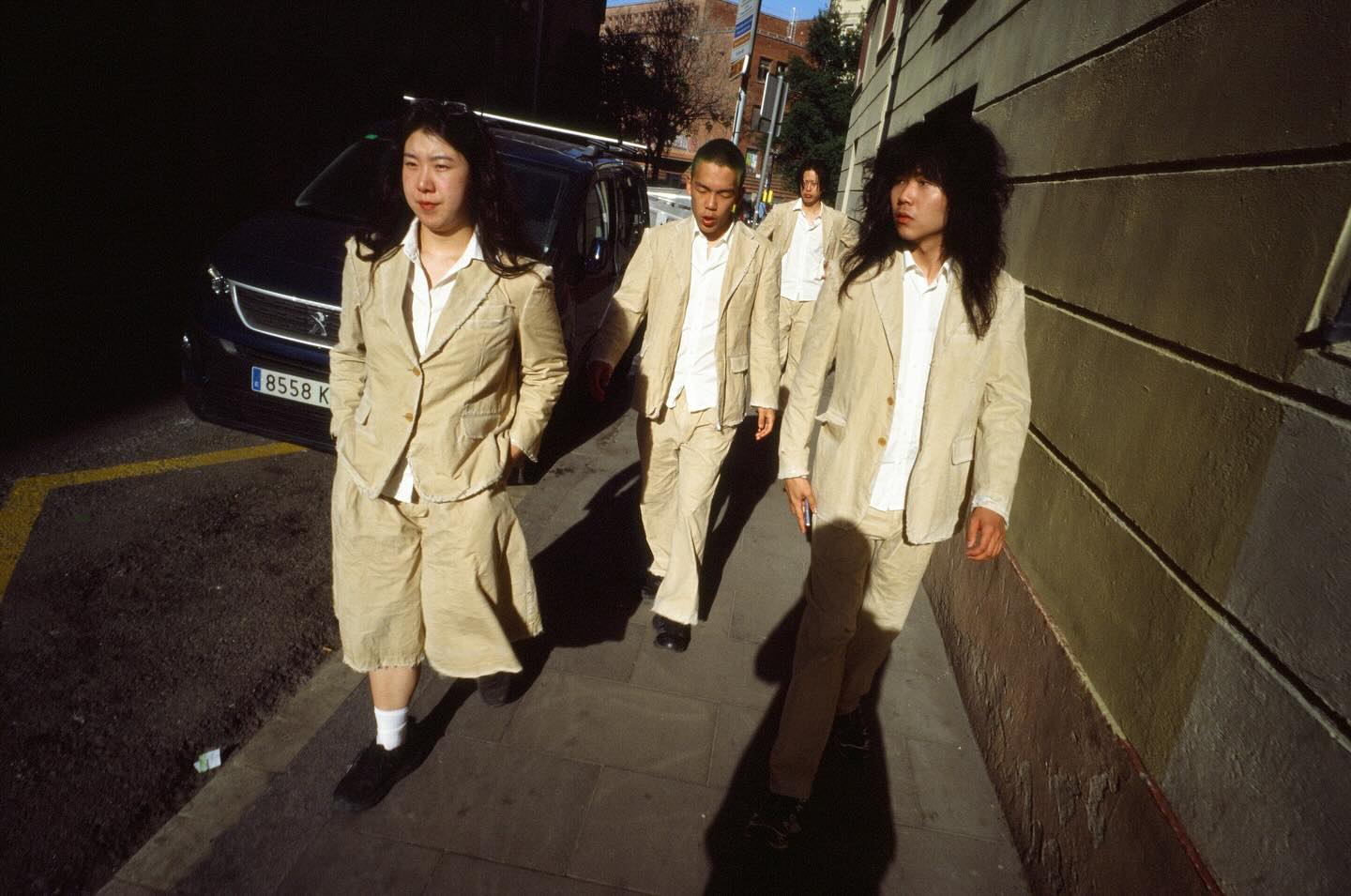
But before you dive into their universe, check out our exclusive conversation with several Balming Tiger members: DJ Abyss, rapper Omega Sapien, creative director Jan’ Qui, and singer-songwriter/producers Mudd the student, sogumm, Leesohu, Unsinkable, and bj wnjn. They played in Hong Kong just a few months ago at Clockenflap, and are now coming back to headline in the city for the first time.

Ahead of the show, we caught up with the crew to talk about how they function as a collective, their take on genre labels, what Hong Kong means to them, and more. Scroll down for the full interview—and don’t sleep on grabbing your tickets to what’s shaping up to be one of the most electric live shows of the year.
RADII: We grew up on Tiger Balm, so naturally, we love the name Balming Tiger and its nostalgic link. Can you walk us through the moment you guys came up with the name?
Abyss: It started out as just throwing random ideas around in our shabby studio. While we were coming up with some weird ideas here and there, thinking about our identity, we came up with the oriental remedy Tiger Balm, which we thought of as a nostalgic oriental remedy, and turned it around to come up with our name. We had some weird ideas like Drunken Koala, but I think we ended up with the name Balming Tiger, which is fortunate.
You’re headlining in HK for the first time. Why Hong Kong as a destination?
Omega Sapien: We fell in love with Hong Kong since our childhood. Hong Kong movies were so big when I was growing up—my favorite being Stephen Chow. So we had high expectations coming into the country, and the Clockenflap show [in May] was a total nail on the head. The energy the crowd showed us was immense, and we totally fell in love with HK’s culture. So it was a no-brainer to go back and give back the love we got to the people of Hong Kong.
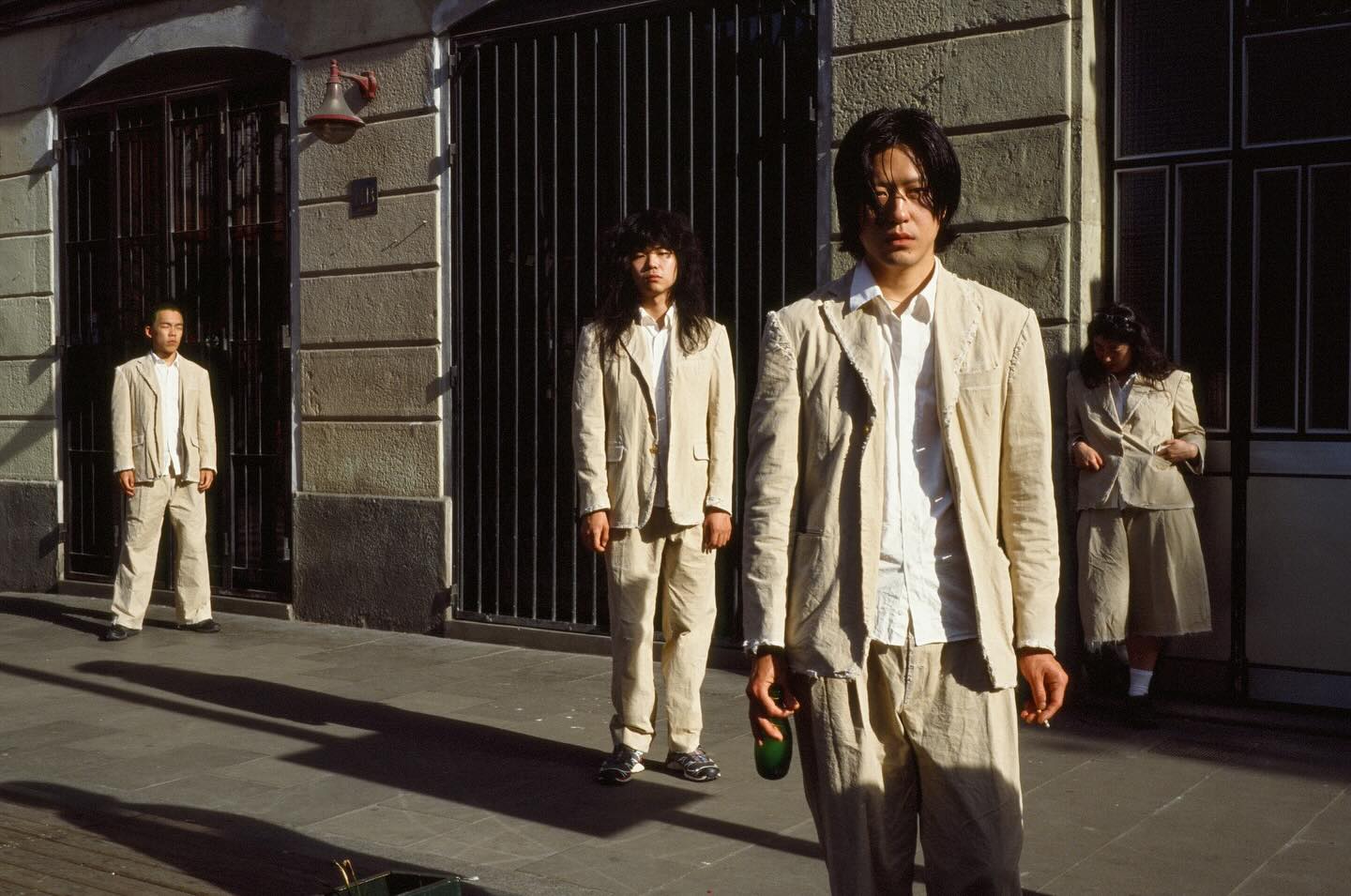
Your visuals are always incredibly vibrant and bold. Was this conceptualized before you started as a band, or did it organically grow?
Jan’ Qui: I agree with both the former and the latter. I have always tried to create works that have my own unique characteristics. However, I think I am always influenced by the people around me, and I think I’ve spun a fairy tale with the unique taste for the band, created with the help of the unique members of Balming Tiger.
You’re noted across media as being “alt K-pop.” Personally, I hear the heavy hip hop influence. But what does genre definition mean to you? Should the media even define your sound?
Mudd the student: I think genre is just a word to make a distinction easily. Alternative K-pop can be anything. I don’t want to work with limitations. There are so many ways to convey emotions and messages to people through music. From that perspective, I think the word that most conveniently defines our music is alternative K-pop.
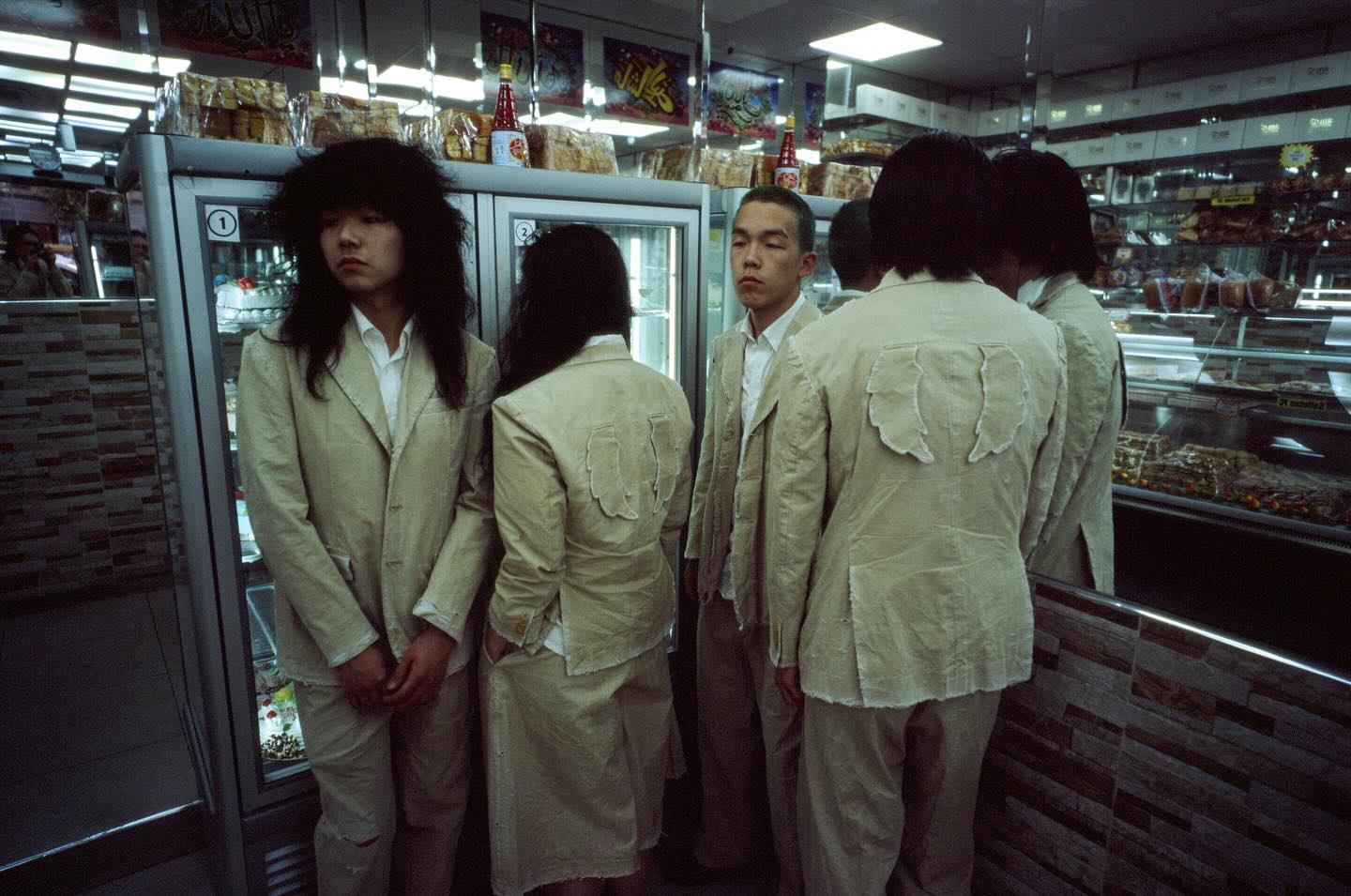
With such diversity and synergy as a collective, how do you all find balance in the creative process to allow each member to contribute?
sogumm: I think we spent a long time thinking about how to strike a balance. I think we’re still thinking about it. Everyone has a strong personality, and they’re all delicate and sensitive, so it’s not easy to unite them. But I think the most important thing is to create an environment where we can talk comfortably. Even if it’s difficult and complicated, if we take the time to show respect for each other’s thoughts and ideas, I think the balance will gradually come into place. I think it’s worth it, as much as it’s difficult. But it’s still difficult, and it’s something I want to work on better.
What’s been the most surprising thing so far from being a band? What about the most challenging?
Leesuho: When I think back to when I first met everyone, I think all the members, including myself, have grown a lot, both personally and in terms of work. I usually believe that when a lot of people gather together, they become stagnant, but I am thankful and surprised that they continue to grow. I don’t think there’s anything particularly difficult.
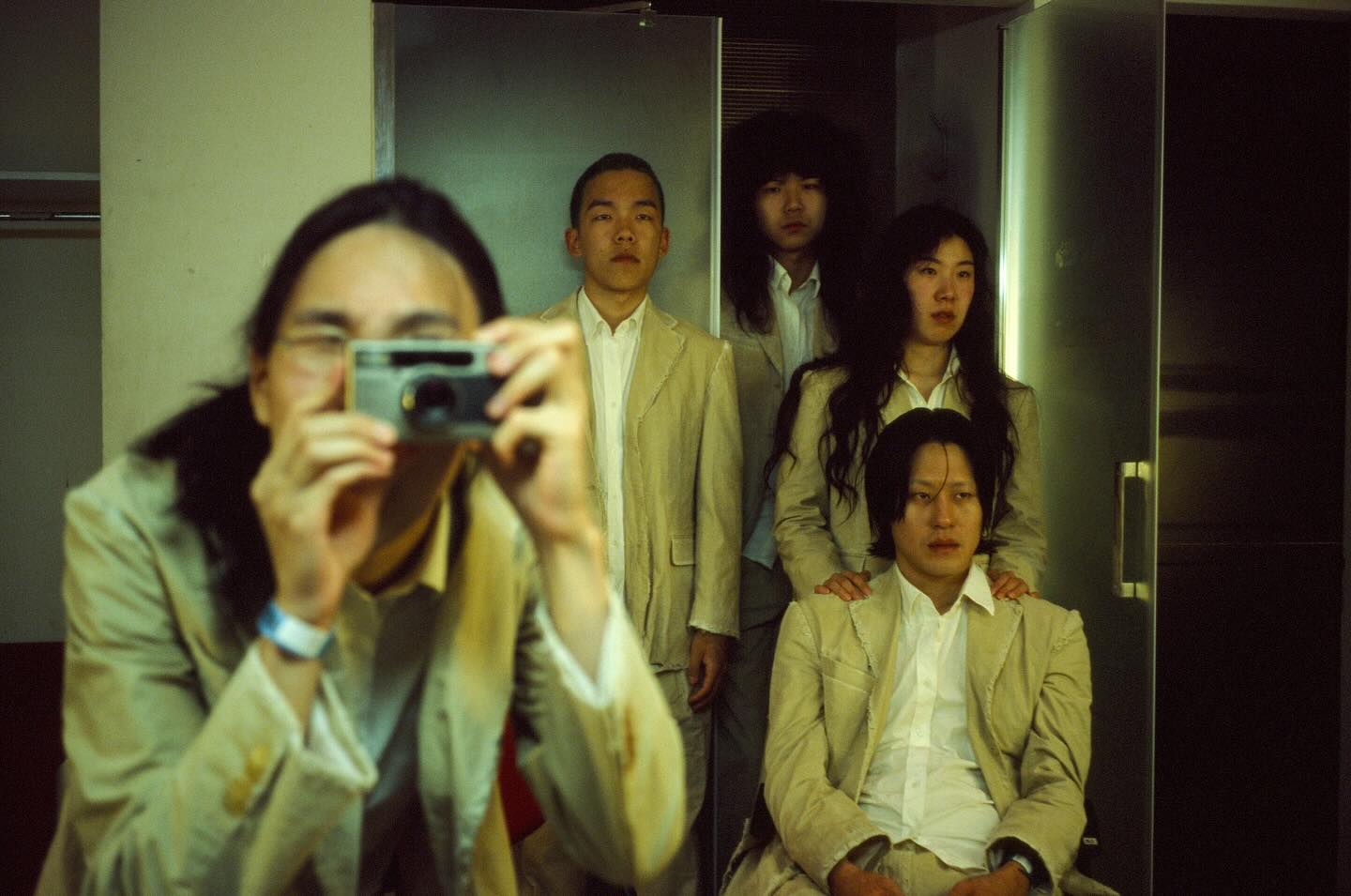
Your song “Kolo Kolo” was inspired when a producer’s cough became part of the track. How often do spontaneous or unexpected moments like this drive your creative process, and how do you capture them?
Unsinkable: In fact, the main sound of “Kolo Kolo” was hinted at by the sampler that Omega was just tapping on. The percussion of “Bodycoke” started with Mudd hitting the keyboard loaded with samples with his palm. I would watch those acts and capture moments like, “Oh, that’s good?” and then record them again and refine them to make sense musically.
Not all of our work is like this, but sometimes we find new ideas like this from rhythms or melodies that we accidentally discover.
During your songwriting camps, like the one in the mountains, you rotate producers and vocalists every 20 minutes to create songs. What challenges arise from this fast-paced, collaborative method?
BJ Wnjn: In such limited situations, I think that each person’s way of doing things and their familiar style will be expressed, and the result will be bland work. However, I think that the fun of working together as a pair is that it creates new things. Since there is a time limit, it may be difficult to do detailed work, but I think it’s okay because there is post-processing.
How important is it for you all to represent Asia’s youth culture, and why?
sogumm: I don’t think I have to think about anything in particular that’s important. Just being true to myself first? Since I’m Asian, I think I first think about what’s most important to me. I don’t know if that’s the answer.
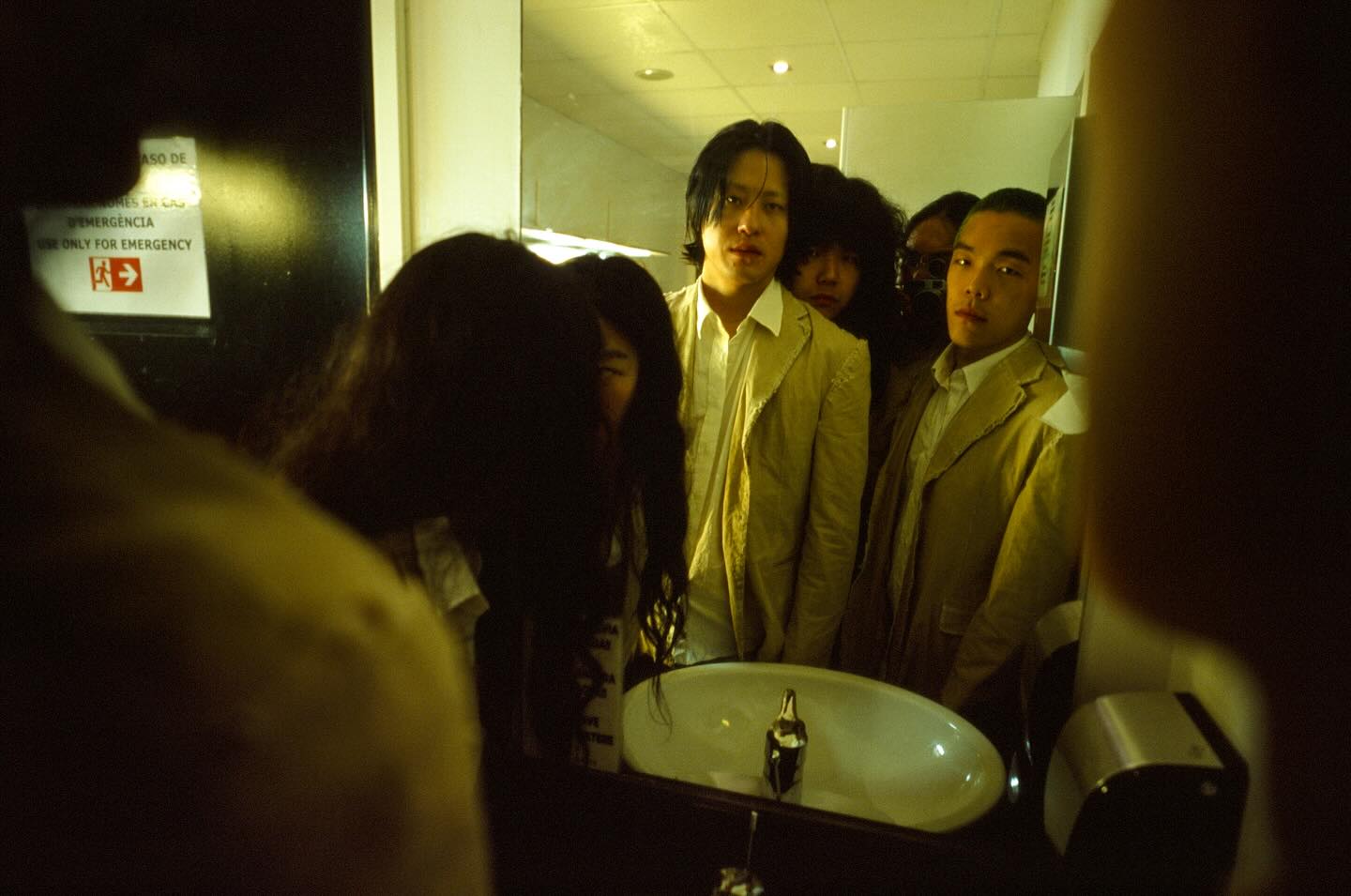
All images via Seoulthesoloist. Styling in shoot by Sihn Mincheol.

